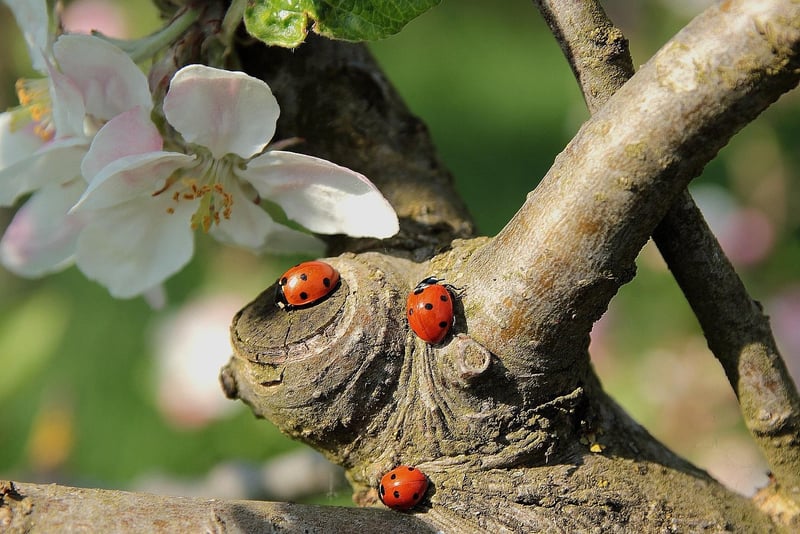Preventive Measures
Protect Your Garden from Pests: Preventive Measures
Having a beautiful garden is a joy, but pests can quickly turn it into a nightmare. To keep your garden thriving and pest-free, it's essential to take proactive measures. Here are some effective preventive steps to protect your garden:
1. Choose Resistant Plants
Opt for plants that are naturally resistant to common pests in your area. Research which plants are less susceptible to pest damage and incorporate them into your garden. This can help reduce the likelihood of infestations.
2. Practice Crop Rotation
Rotate your crops each season to prevent the build-up of pests that target specific plants. This technique disrupts the life cycle of pests and reduces their numbers over time, promoting a healthier garden ecosystem.
3. Maintain Garden Hygiene
Keep your garden clean and tidy by removing debris, fallen leaves, and weeds regularly. Pests often hide in these areas, so maintaining cleanliness can help eliminate their hiding spots and breeding grounds.
4. Use Natural Predators
Encourage beneficial insects like ladybugs, lacewings, and praying mantises that feed on garden pests. Planting flowers that attract these predators can help keep pest populations in check without the need for harmful chemicals.
5. Implement Physical Barriers
Use physical barriers such as fences, row covers, and netting to protect your plants from pests like birds, rabbits, and insects. These barriers create a barrier between your plants and potential threats, reducing the risk of damage.
6. Regularly Inspect Plants
Monitor your plants regularly for any signs of pest infestations, such as chewed leaves, holes, or wilting. Early detection allows you to take swift action to prevent pests from causing extensive damage to your garden.
7. Practice Companion Planting
Planting certain species together can help repel pests or attract beneficial insects. Research companion planting techniques to create a natural pest management system in your garden.
By implementing these preventive measures, you can safeguard your garden against common pests and promote a thriving, healthy garden ecosystem. Remember, prevention is key to maintaining a pest-free garden!

Image Source: Pixabay
